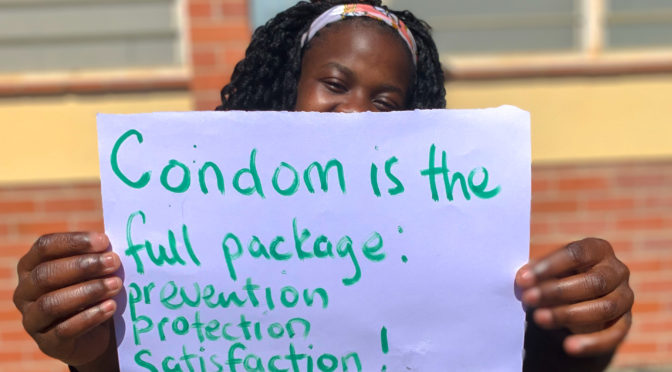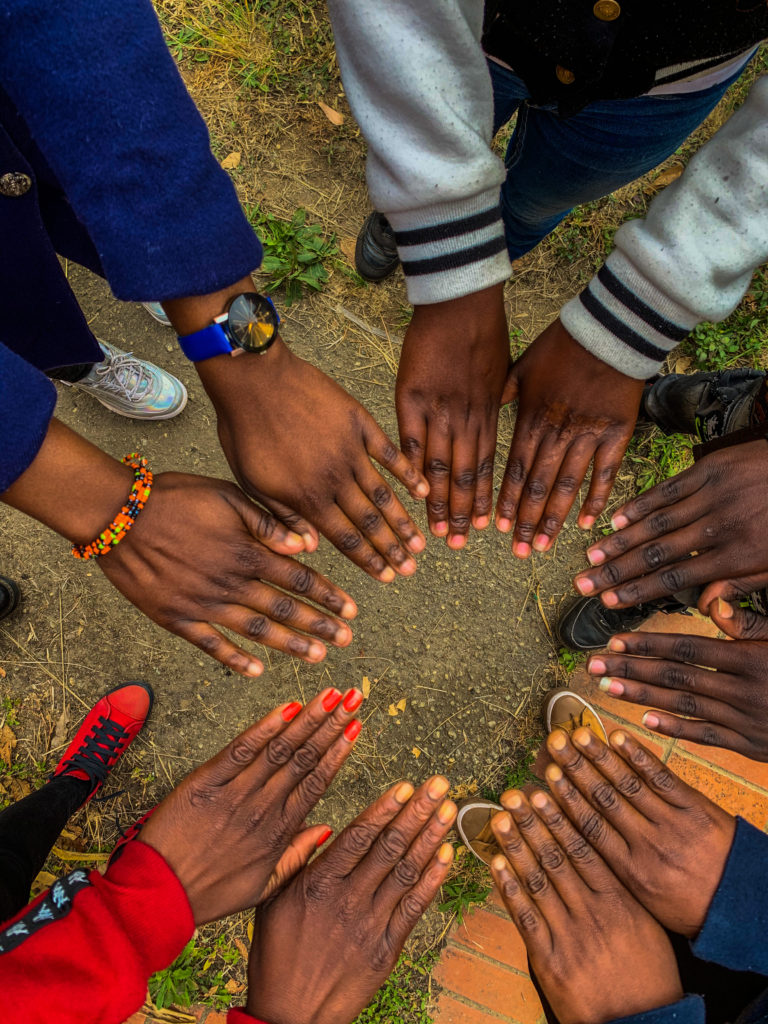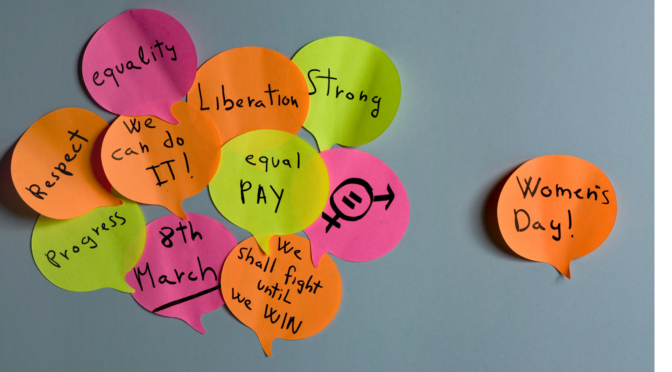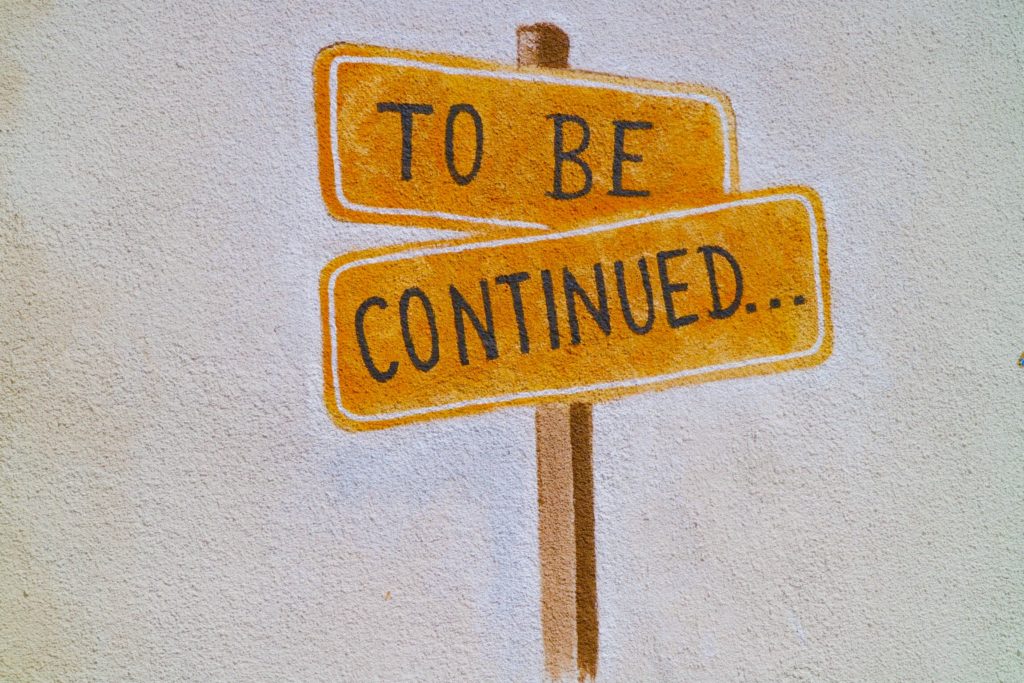The resulting lack of knowledge and access to Sexual Health services amongst young people in societies impedes the majority of them to live healthy lives. Young people face a myriad of challenges, which include Gender-Based Violence, child marriages, HIV infection, amongst other negative Reproductive Health challenges.
Adolescent Girls and Young Women are experiencing a disproportionate burden and risk to HIV, for example, young women (20-24) have HIV prevalence 2.78 times greater than their male peers. An ongoing Zimbabwe mode of transmission study states that the highest number of new infections – more than 16,000 a year – occur among never-married women. 41% of new HIV infections are amongst Adolescent Girls and Young Women. Among young women, HIV prevalence increases with age, from 2.7% of women aged 15-17 to 13.9% of women age 23-24. One can attest to these numbers stirring debate and shock amongst health service providers. It is therefore vital to strengthen Adolescent programs to ensure, prevention, protection/support.
Katswe Sistahood, Simba Utano project is a collaborative project which aims to address the lack of knowledge and challenges on access to Sexual Reproductive Health and Rights services faced by young women and girls through fostering a well-informed and healthy conversation about bodily autonomy and comprehensive Sexual Reproductive Health and Rights. The goal is to increase or extend structures of law that help and cater to women seeking Sexual Health services in mainstream spaces whilst promoting the uptake of Sexual Reproductive Health and Rights services by adolescent girls and young women.
Katswe’s strategy is to create a movement of activists that speak out on the importance of women and adolescents’ access to Sexual Reproductive Health. Using a cascading model young women have been trained in order to cascade awareness on SRHR in their communities thus creating a web of highly energized advocates and champions. These champions help in information sharing and have managed to create diverse groups of young people who stand up to start conversations around Sexual Health in various communities in Mazowe and Goromonzi.
Kindra Chidamba and Kudzai Chakauya are Simba Utano Facilitators who are leading pachoto groups to elevate dialogues around Sexual Reproductive Health and Rights.
According to Kindra, most young people are indulging in sex at a young age hence pressuring others to also indulge. These young women are entering into sexual relationships without much knowledge around consent, condom negotiation and other forms of contraception hence increasing their vulnerability to teen pregnancy, HIV, and STIs. Most young women are, therefore “stuck” without education and unfathered babies. She shares a story “ A girl got pregnant when she was 14. As soon as she told the young man ( the father of the child), he quickly disappeared leaving her to cater for the child alone. She could not continue with her studies and her family is now taking care of her and the child. Young women like Kindra and Kudzi have been helping other young women with SRHR information and also referring them to service providers for immediate help or services. Kindra says her main advocacy message is around condom use because it prevents pregnancy, STIs, and HIV. The condom is the full package: Prevention. Protection. Satisfaction.
Kudzi, says, date rape is the most common phenomenon around early sexual debut. Young women in order to “sustain” their relationships indulge in sex without their consent. Most young women fall victim but cannot report it because of the relationship status. Many times, the justice system fails to assist young women and blames them for initiating sexual advances.
Despite awareness sessions, many young girls continue to fall victim to unintended pregnancy. A few of them have dropped out of the program because they are now shy. It is therefore vital to keep extending support systems in order to reach out to parents, the church, and the school.
“When the SRHR awareness web becomes bigger, more young women can be accommodated and supported”
#SimbaUtano






